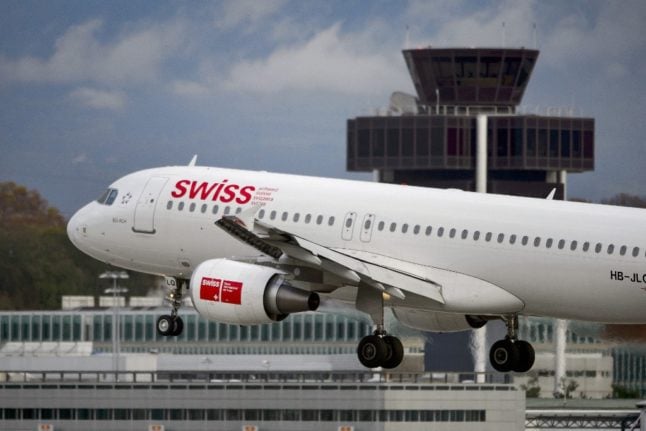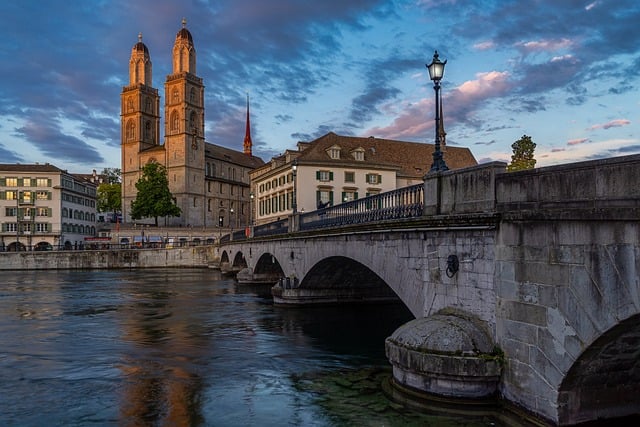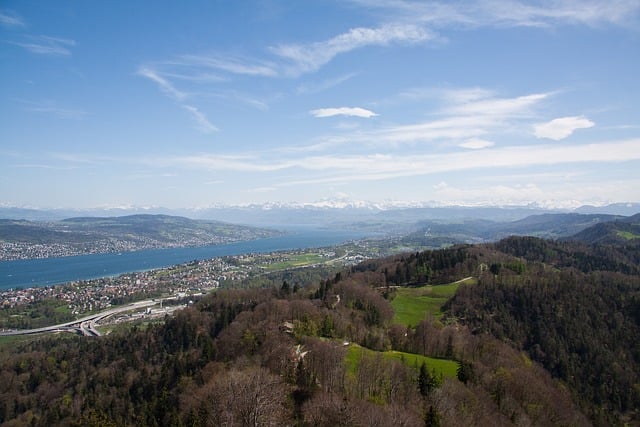Representatives of the aviation lobby Aerosuisse have come together with staff unions to publish a three-point plan that they believe would kick start the travel industry after a year in which it has been more or less mothballed.
The plan would allow for travel to and from countries that have a similar rate of infection to Switzerland. It also foresees the creation of a digital passport for those who have been vaccinated, and a digital registration system for people who have tested negative for the virus.
“People should be able to travel between countries at similar risk of infection,” said Aerosuisse president Thomas Hurter in comments made to broadcaster SFR.
“It’s about the connectivity of Switzerland and about tourism. But it’s also about jobs and the freedom of travel in the future,” Hurter said.
Sandrine Nicolic-Fuss of the Kapers cabin crew union stressed that the majority of employees in the airline industry earn very little money. “These people want to work,” she said.
Two-thirds of employees in the aviation industry are currently on short-time work, said Daniel Lampart of the Swiss Federation of Trade Unions, adding that many are already struggling to make ends meet in normal times.
Economy Minister Guy Parmelin said he was willing to hold discussions about the plan but cautioned that the point when it could be implemented was still a long way off.
Swiss authorities have promised to put in place a coronavirus immunity passport – which entitles vaccinated people to various privileges – by summer. Meanwhile, Bern has indicated it will take part in the European Union’s Covid-19 passport project.
SEE ALSO: Switzerland promises Covid-19 passport ‘by the summer’




 Please whitelist us to continue reading.
Please whitelist us to continue reading.
Member comments